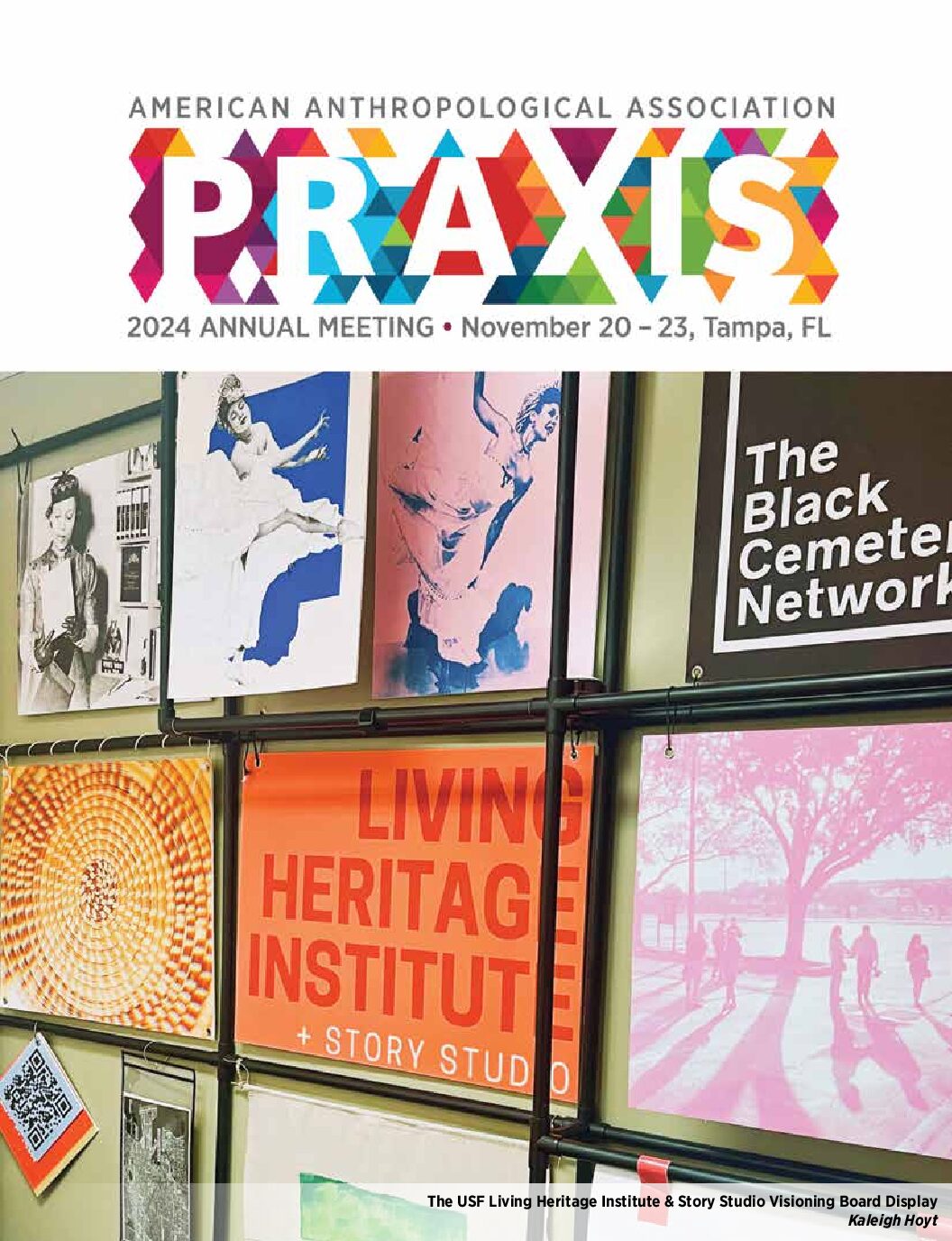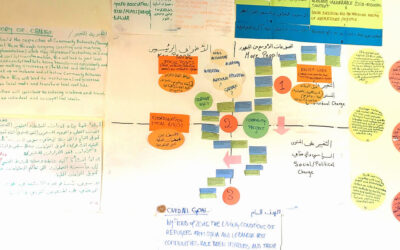The Anthropology of Policy
Noémi Lendvai-Bainton and Paul Stubbs, February 2024
The anthropology of policy as a field emerged in the 1990s in recognition of the need to understand and critically interrogate policies as important sites of classification, disciplining, and production of order and change. The anthropology of policy has developed as a critical strand challenging mainstream policy studies, public administration, and political science by insisting that the work of policy is always political. Policy worlds are seen as inextricably linked to power relations just as much as politics itself; indeed, the border between policy and politics is highly permeable. A wealth of literature that has been produced in the early 21st century has highlighted the complexities of the spatiotemporal dynamics of the deeply fragmented, unruly worlds of policy. A linear, stagist, and one-dimensional understanding of policy time fails to take account of the multiple, uneven, and contradictory temporal claims of policy.
An emphasis on policy performance and affect has also highlighted the ways in which policies are always unfinished as they are mediated and translated, refused, inhabited, and reworked by those they summon. In the context of heightened policy mobility and movement, the importance of the idea of policy assemblages has emerged. Assemblages, animated by actors and actants, are always a heterogeneous combination of discourses and practices existing through unstable and contingent spatiotemporal orderings. Spaces of solidarity and fragility, policy assemblages are key sites for the making and unmaking of both hierarchies and possibilities.
A critical tradition of the anthropology of policy needs to be built upon in order to offer a contribution to a broader decolonial turn. There is a need to deconstruct colonial assumptions, emphasize the relevance of colonial legacies, and develop decolonial approaches to understanding the policy world much more than has been the case thus far. In addition, there are questions not only concerning the “what” but also the “who” of an anthropology of policy. Activist anthropology plays an important role in terms of antiracism, counterhegemonic world-making, and policy otherwise, with new imaginaries and possibilities going beyond the general academic critique of a neoliberal, postneoliberal, and postdemocratic world. The challenges of big data, technological change, the crisis of democracy, and new forms of authoritarianism and angry politics all highlight the continued importance of anthropological approaches to policy.



